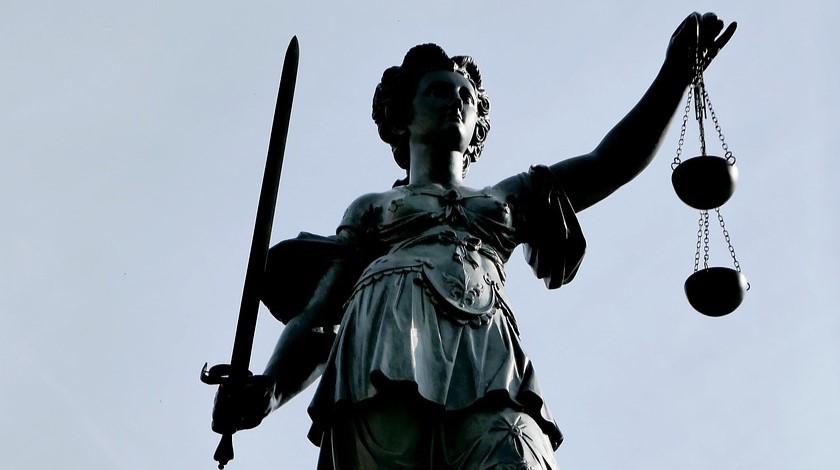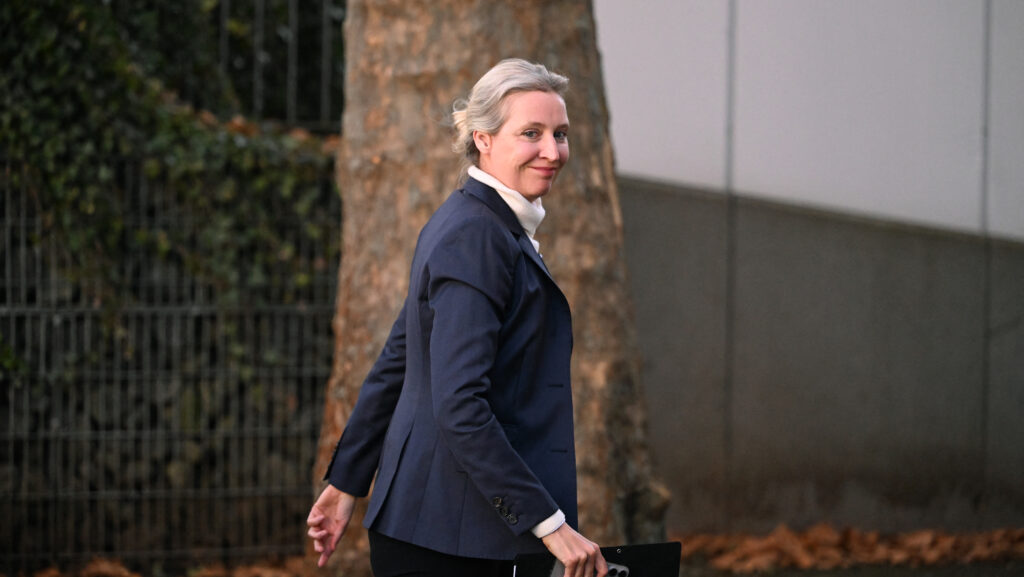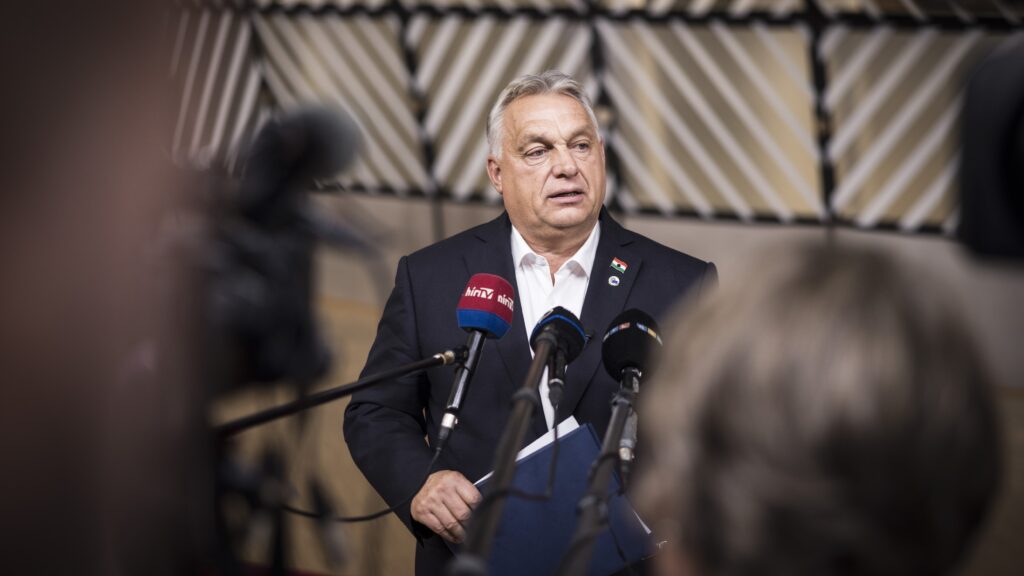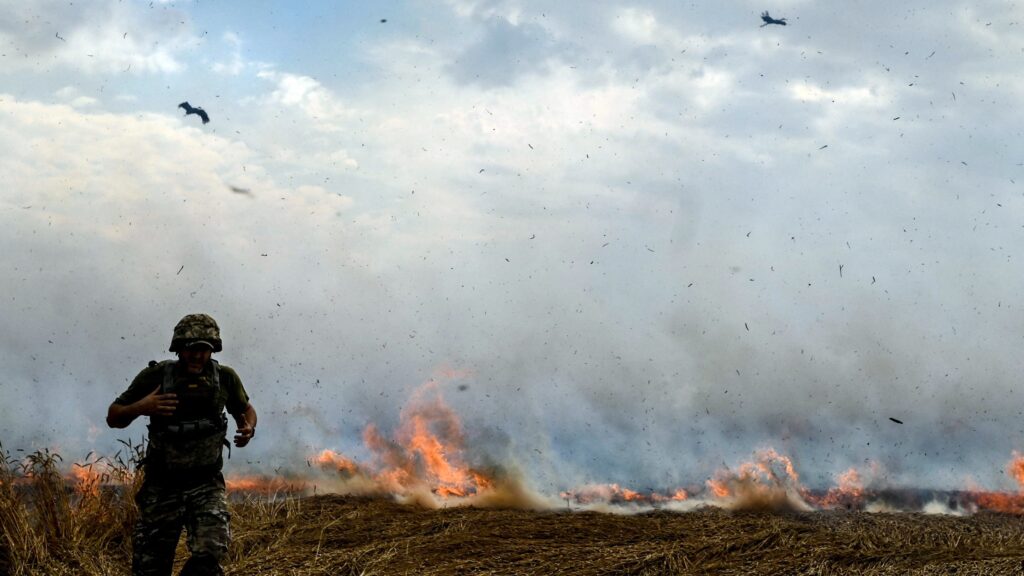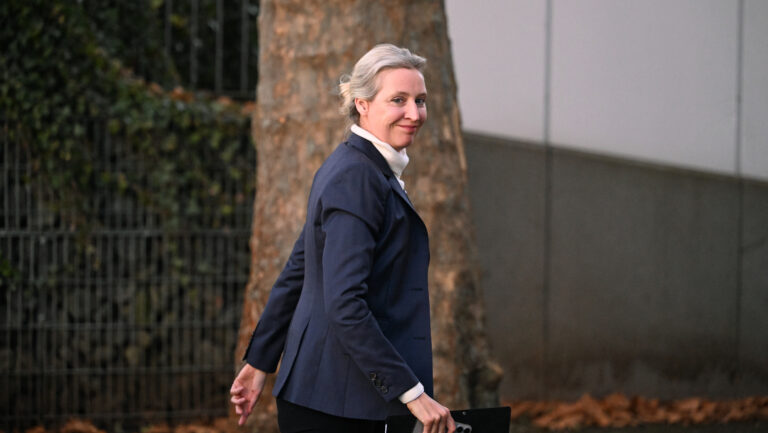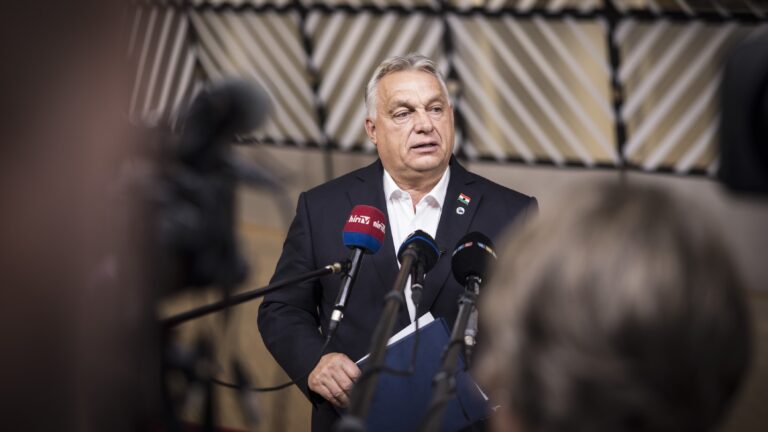On 16 May Russian and Ukrainian delegations met in Istanbul, Turkey, for negotiations—the first such gathering since the conflict onset in March 2022. Ever since, bringing Vladimir Putin and Volodymyr Zelenskyy to the same table to reach an agreement has been an enduring challenge. This has also been the aim of figures such as Donald Trump, Pope Leo XIV, and Hungarian Prime Minister Viktor Orbán. In light of this, Europe has announced new sanctions against Russia, as well as the creation of a ‘special tribunal for Ukraine’.
Praised by some and met with scepticism by others, this initiative raises several important questions. What exactly is this ‘special tribunal’? According to the European Commission, it is intended to ensure that ‘those responsible for aggression against Ukraine are held accountable.’ The Tribunal would seek to try Russian President Vladimir Putin, along with his Ministers of Foreign Affairs and Defence, for having led a military operation in Ukraine since February 2022.
International tribunals are established to judge the most serious international crimes—genocide, crimes against humanity, war crimes, and crimes of aggression. There are several well-known historical examples, such as the Nuremberg and Tokyo Tribunals after World War II, or the international criminal tribunals for the former Yugoslavia and Rwanda, created in the 1990s.
These tribunals were temporary, and all those that existed have since been dissolved. Then, in 1998 a permanent international jurisdiction was created: the International Criminal Court (ICC), specifically established to replace international tribunals.
One may wonder why Europe wants to create a new special tribunal for Ukraine. The reason lies in a legal obstacle involving the ICC. Although the Court has automatic jurisdiction over member states having ratified the Rome Statute, it cannot prosecute a crime if the states involved have not recognized its jurisdiction. Neither Russia nor Ukraine have accepted the ICC’s jurisdiction over the crime of aggression, the very crime with which the Russian regime is accused. To overcome this legal deadlock, Europe wants to establish a special tribunal for Ukraine.
Scepticism toward this idea is understandable. The track record of previous courts of this kind is mixed. International tribunals are costly, often politicized or perceived as biased, and judicial proceedings are slow. These were the criticisms made, for example, in the case of former Serbian President Slobodan Milošević.
‘International tribunals are costly, often politicized or perceived as biased, and judicial proceedings are slow’
The special tribunal for Ukraine would face the same criticisms. It is expected to be established under the auspices of the Council of Europe, which has issued multiple condemnations of Russia since the beginning of the war. The creation of this tribunal was requested by Ukraine, and the judges would come from countries hostile to Russia. Even before any trial for the crime of aggression, the verdict appears to be a foregone conclusion.
One crucial question remains: how would this tribunal function in practice, and where would it be located? So far, Europe has not released any information on this. The creation of an international tribunal normally requires the agreement of the United Nations Security Council. However, three of its five members oppose it: Russia, of course, as well as China and the United States.
In recent decades, there has been only one case of an international tribunal created without the approval of the Security Council. It was a court set up to try the leaders of the Khmer Rouge regime. This tribunal was located in Cambodia and was composed mainly of national judges. It was integrated into the Cambodian judicial system and had the political and financial backing of many States, which gave it an international dimension.
It is most likely that the tribunal for Ukraine would follow a similar model. It would be created with the support of other States but based in Ukraine rather than in a ‘neutral’ country, and its judges would predominantly be Ukrainian.
However, there is a major difference between the Cambodian and Ukrainian contexts. The Cambodian tribunal dealt with a domestic situation: crimes against humanity and genocide committed by a communist regime. The accused, former Khmer Rouge leaders, were present at their trial because they had been arrested on Cambodian soil and were subsequently imprisoned. In contrast, in the case of the tribunal for Ukraine, the accused are in Russia, they will not appear at their trial, and they will not serve their sentence.
This tribunal will therefore be more symbolic than truly effective. It was decided in a context of war, as a political weapon against Russia, and it is unlikely to contribute meaningfully to de-escalation. In 2023 an international arrest warrant was already issued against Vladimir Putin—to no effect.
Ultimately, it is not judicial mechanisms that will safeguard Ukraine’s territorial integrity, but rather diplomatic action aimed at achieving a compromise between Ukraine and Russia.
Related articles:

